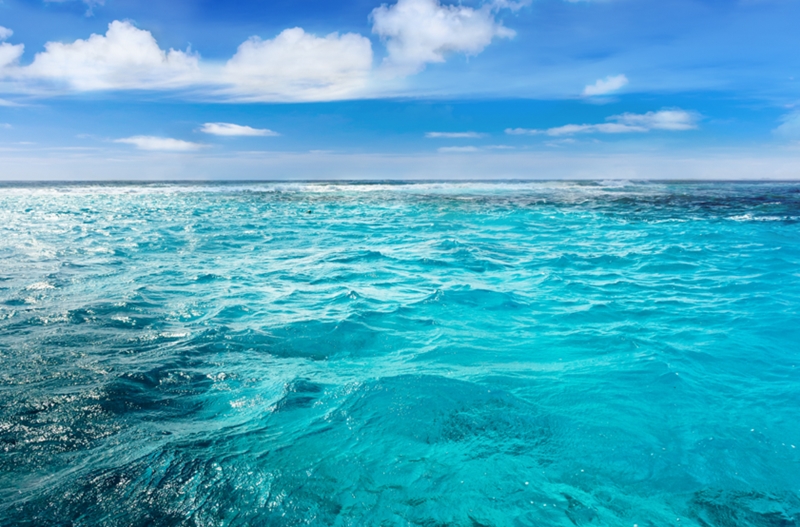Thai Union and Clinton Climate Initiative Partner to Generate Clean Energy

Representatives officially break ground on wastewater and biogas project at Seychelles tuna processing facility, the country’s largest electricity user, to generate clean electricity and cleaner wastewater
Today, Thai Union, in partnership with the Clinton Climate Initiative (CCI) officially broke ground on a wastewater and biogas project at its Indian Ocean Tuna (IOT) Seychelles facility. This project will cut carbon emissions and reduce energy costs, while generating clean electricity and cleaner wastewater. CCI, an initiative of the Clinton Foundation, has been working with Thai Union to provide technical and advisory support on the project since 2013.
This project will address a number of clean energy needs:
- As one of the largest tuna processing factories in the world, IOT is Seychelles’ largest electricity user;
- Most of Seychelles’ energy is generated from imported diesel fuel, which is unsustainable, both environmentally and financially;
- This new wastewater and biogas project will help IOT increase its alternative energy sources and decrease its dependence on oil.
Working with Thai Union’s management and engineering team in IOT, CCI helped to identify a technical solution to upgrade the wastewater and fish sludge treatment plants, improving the quality of the wastewater and generating significant biogas byproduct. The biogas from the treated fish sludge and water will be used to generate clean electricity to run factory processes, reducing consumption of diesel-based electricity from the grid.
“We believe that being environmentally responsible in the way we operate will have a positive impact on our oceans and the marine species on which we depend. With the support of the Clinton Climate Initiative, this project in the Seychelles has created an alternative energy source for us – and is contributing to one of our key initiatives to reduce greenhouse gas emissions in all our factories around the world,” said Joram Madnack, General Manager of Indian Ocean Tuna (IOT).
“Beyond its contribution to greenhouse gas emissions, imported diesel fuel remains highly expensive for island nations.” said Jesse Gerstin, Director of Programs and Policy, Clinton Climate Initiative. “CCI’s partnership with Indian Ocean Tuna shows how companies can transition to renewable energy, while reducing costs and helping their bottom line.”
This project will also deliver against one of the key objectives of SeaChange®, which is Thai Union’s global sustainability strategy. The purpose and impact of this wastewater and biogas project at IOT will also contribute to Seychelles’ Blue Economy concept, which aims to develop a sustainable ocean-based economy.
CCI and Thai Union’s partnership on the IOT Seychelles facility comprises a portfolio of sustainability focused projects. In 2015, CCI and its partner the Rocky Mountain Institute-Carbon War Room conducted a factory-wide energy efficiency audit at IOT with a series of energy- and water-reducing recommendations that would lead to significant savings and which IOT is already implementing. CCI also completed a Business Case Analysis for use of rooftop solar power at IOT’s factory, examining one way to reduce consumption of diesel-generated electricity from the grid.